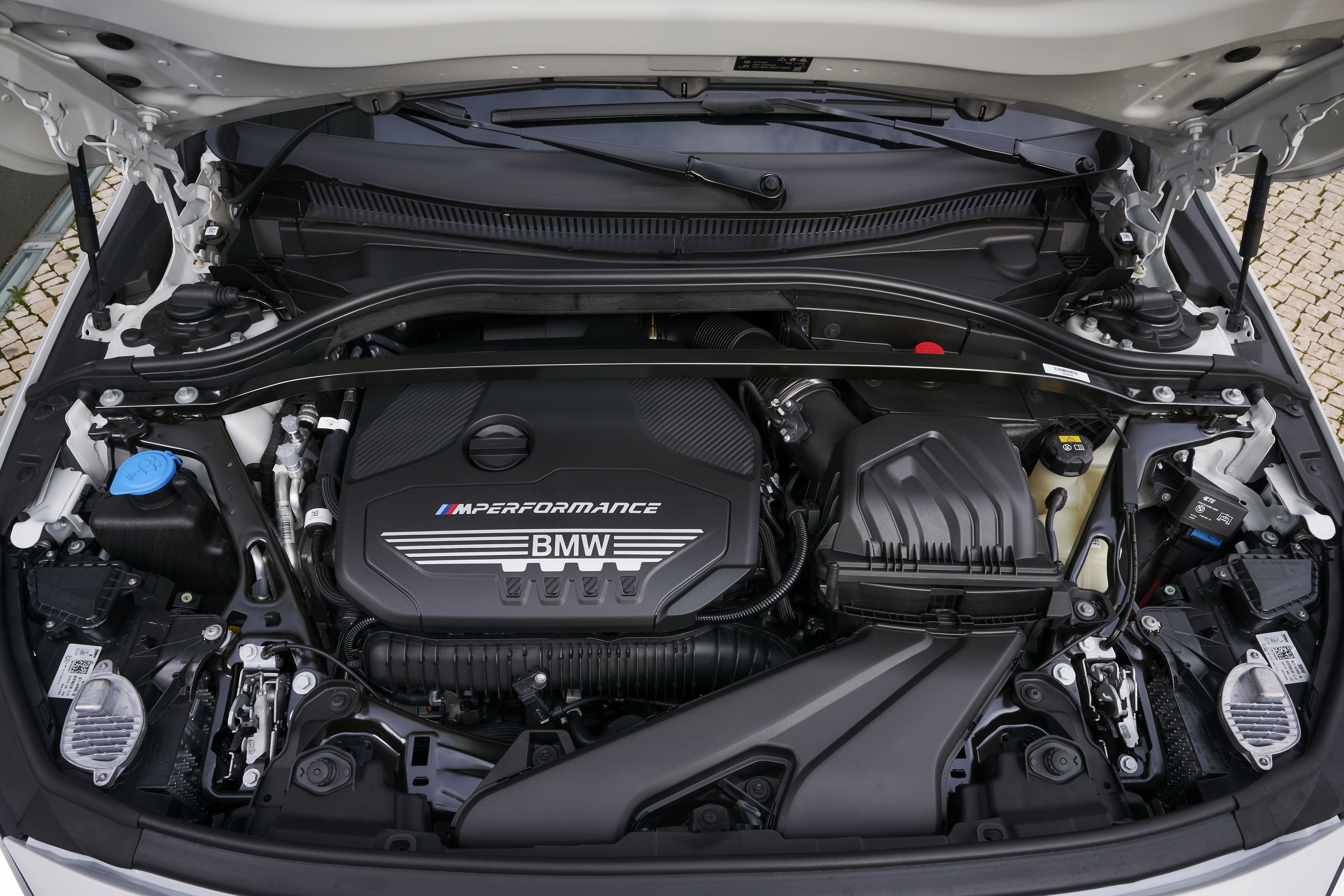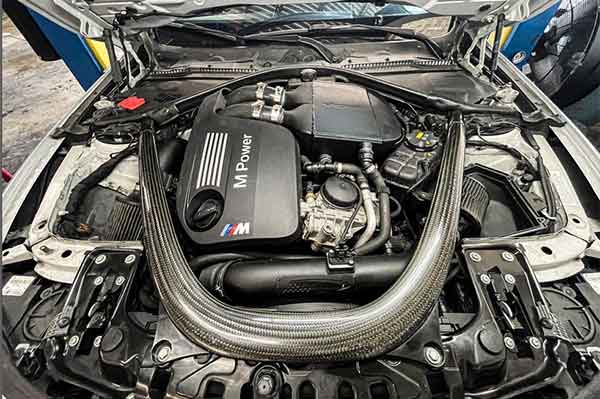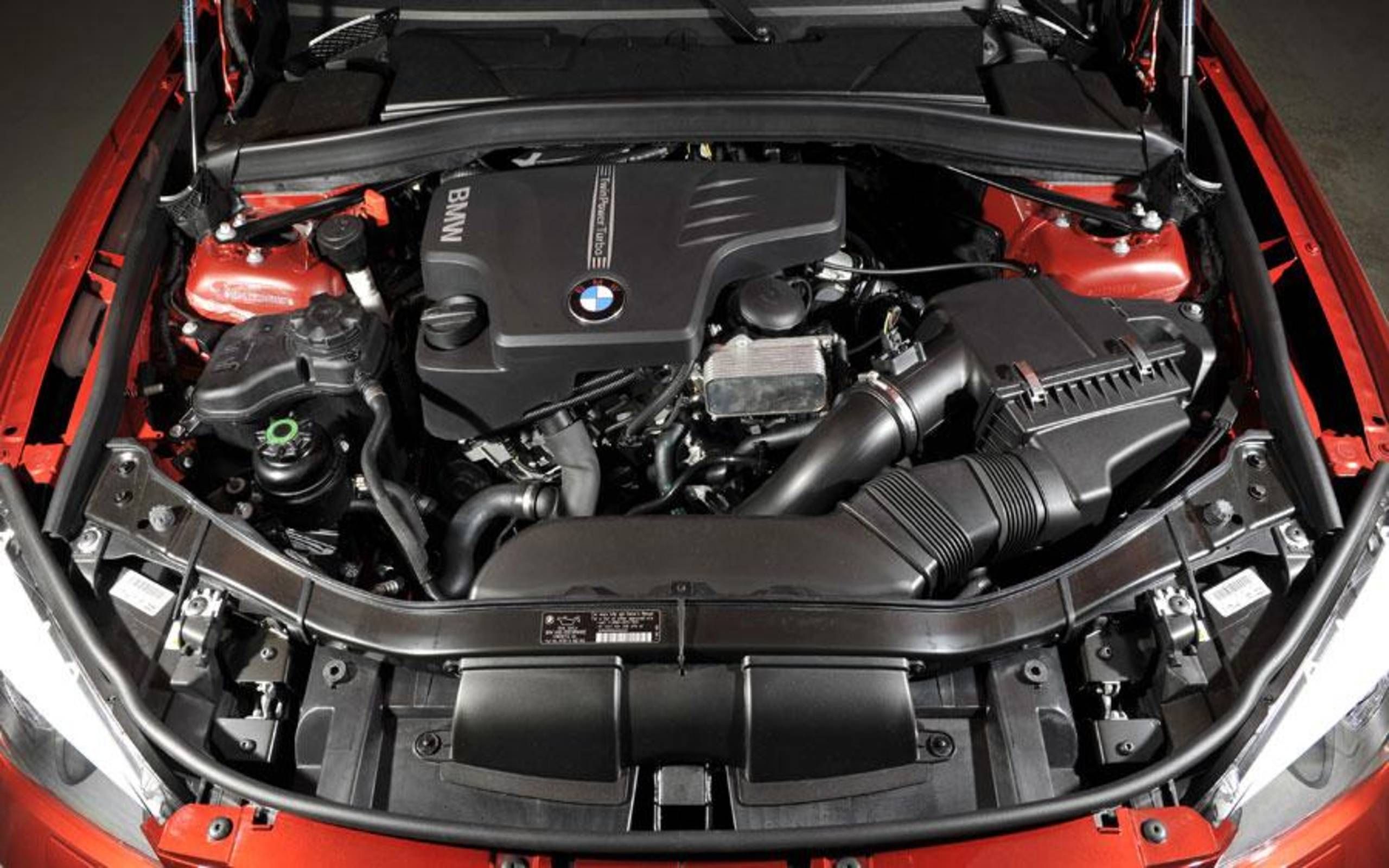Introducing the Secrets Behind the Power of the BMW Engine
Introducing the Secrets Behind the Power of the BMW Engine
Blog Article
Introducing the Intricacies of Next-Generation Power Units: a Deep Dive Into Advanced Engine Innovations and designs
As we stand on the precipice of a new era in transport, the complexities of next-generation engine layouts beckon us to discover the cutting-edge modern technologies and developments that promise to redefine the driving experience. Diving deeper right into the worlds of exhaust control, intelligent engine management systems, and the perspective of power device advancement, we find ourselves on the cusp of a transformation that assures to reshape the landscape of movement as we understand it.
Development of Engine Products

The shift towards advanced engine products has likewise allowed engineers to develop engines with greater power outputs while keeping fuel effectiveness standards. The usage of light-weight materials decreases the overall weight of the engine, leading to boosted fuel economic climate and reduced discharges. Furthermore, innovations in materials modern technology have enabled for far better thermal management within engines, causing raised reliability and long life.
Turbocharging and Supercharging Technologies
Exactly How do Turbocharging and Supercharging Technologies change engine efficiency and efficiency in modern-day cars? Turbo charging and turbocharging are innovations that dramatically improve engine efficiency by enhancing the amount of air consumption into the burning chamber. Turbocharging achieves this by using a turbine driven by exhaust gases to pressurize the consumption air, while supercharging uses a belt- or chain-driven compressor to accomplish the very same effect.
These innovations allow smaller, more fuel-efficient engines to produce power equivalent to larger ones, called downsizing. By requiring even more air into the cylinders, turbo charging and turbocharging boost combustion performance, leading to raised horse power and torque outcome without a considerable rise in engine dimension. This leads to much better velocity, lugging capability, and general driving performance.
Moreover, turbo charging and turbocharging add to enhanced fuel performance by allowing the usage of smaller sized engines that take in much less fuel under regular driving conditions - bmw engine. This combination of boosted performance and efficiency has actually made turbocharging and turbo charging integral parts of numerous modern engine styles
Discharge Control and Environmental Influence
With boosting international concerns concerning air quality and ecological sustainability, the implementation of emission control modern technologies in cars plays a vital duty in decreasing unsafe pollutants launched into the atmosphere. Modern automobiles are geared up with sophisticated emission control systems that help reduce the environmental effect of vehicle procedures. Catalytic converters, for circumstances, are developed to transform hazardous gases such as carbon monoxide gas, nitrogen oxides, and hydrocarbons right into much less hazardous compounds like carbon dioxide and water vapor.
Furthermore, improvements in engine technology, such as the combination of exhaust gas recirculation systems and discerning catalytic reduction, have actually considerably added to decreasing emissions. These innovations work in tandem to enhance burning efficiency and lessen the launch of dangerous contaminants right into the air. In addition, the growth of hybrid and electric cars stands for an essential action in the direction of reducing the overall environmental impact of the transportation field.
Intelligent Engine Monitoring Systems

Moreover, these systems allow here are the findings lorries to meet strict exhausts criteria without endangering efficiency, providing a much more eco-friendly driving experience. The integration of expert system and machine learning abilities in engine management systems proceeds to push the limits of what is possible, causing additional enhancements in effectiveness, reliability, and total vehicle performance. bmw engine. As vehicle modern technology developments, smart engine administration systems will play an important duty in forming the future of transport in the direction of an extra sustainable redirected here and effective instructions
Future Trends in Power System Advancement
As smart engine administration systems lead the way for improved control and optimization in contemporary cars, future patterns in power system advancement are poised to redefine the landscape of automobile propulsion modern technologies. Among the essential fads driving advancement in power device development is the change towards electrification. With a boosting concentrate on sustainability and lowering carbon exhausts, crossbreed and electric powertrains are becoming much more widespread in the auto industry. These alternative power resources provide improved effectiveness and performance while straightening with stringent environmental guidelines.
One more significant fad is the assimilation of sophisticated products and making strategies. Lightweight materials such as carbon fiber and aluminum are being used to decrease total vehicle weight, improving fuel effectiveness and efficiency. Furthermore, advancements in 3D printing and additive production are enabling the production of complicated engine elements with greater accuracy and sturdiness.
Moreover, expert system and maker knowing are playing a vital role in enhancing power system performance. These innovations permit real-time tracking and adaptive control, leading to more trusted and efficient power shipment. Overall, future fads in power unit development are tailored in the direction of efficiency, sustainability, and performance, driving the automobile industry in the direction of a new era of propulsion technologies.

Conclusion
In verdict, the improvements browse around this web-site in engine materials, turbocharging, discharge control, and intelligent management systems have led the way for next-generation power systems. The detailed styles and technologies in modern-day engines display the ongoing advancement of vehicle technology.
Discovering the dynamic advancements in engine products has been critical in enhancing the performance and performance of modern engines. Over the years, the development of engine products has played an important duty in pressing the boundaries of what engines can attain.The shift towards advanced engine materials has likewise made it possible for designers to make engines with greater power results while keeping gas efficiency requirements.The execution of smart engine administration systems in contemporary cars has changed the way engines are controlled and maximized for performance and effectiveness. By accumulating data in real-time and analyzing it with sophisticated algorithms, smart engine monitoring systems can adapt to driving styles, environmental aspects, and engine health and wellness to maximize power result while minimizing fuel consumption and exhausts.
Report this page